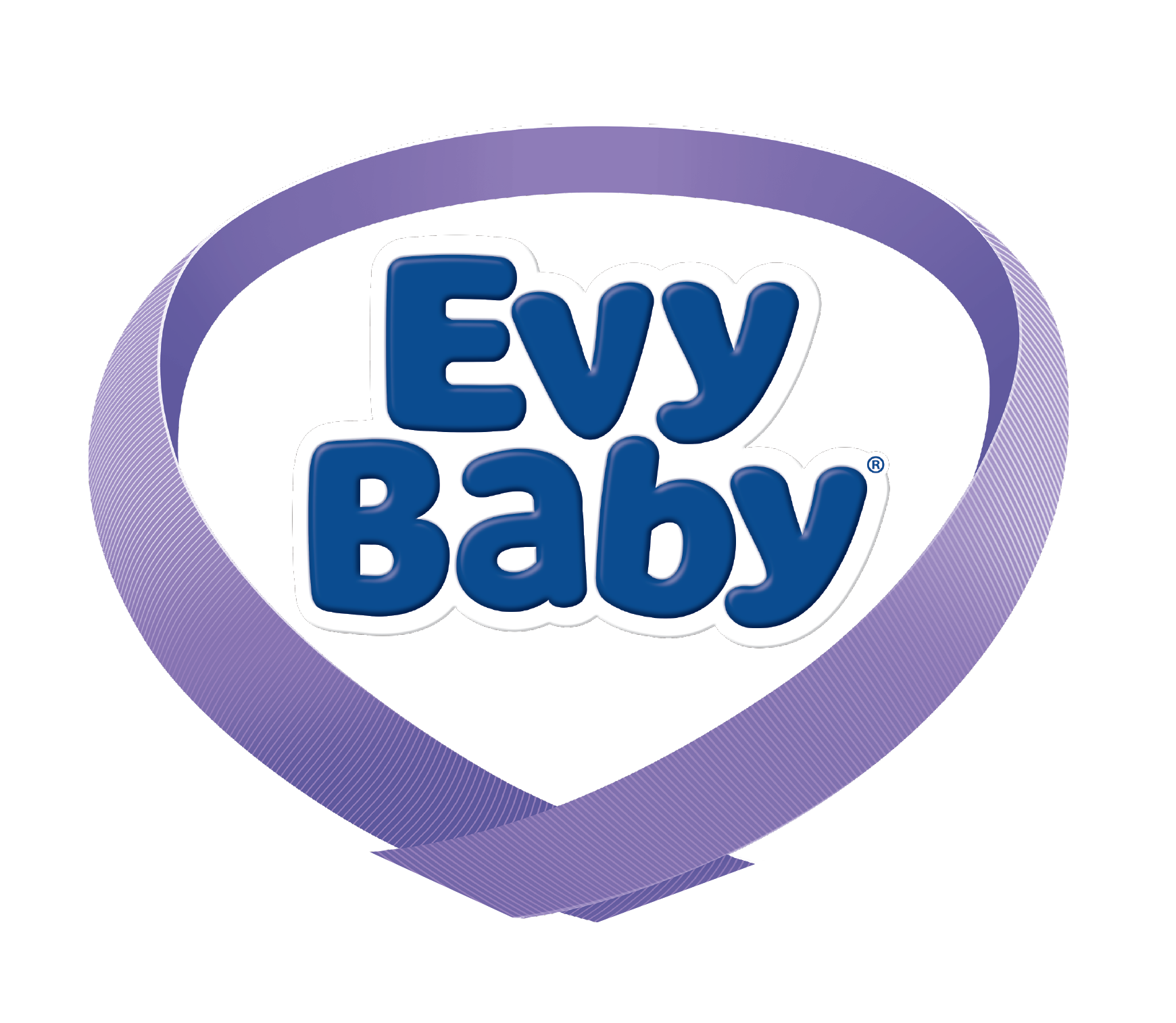

As a new mom you will have a lot in your mind, especially things concerning about the crucial nutrients that will support best physical and mental development of your child. The good news is that you don’t have to worry much since it’s easy to learn what you need to feed your baby to provider her nutrients that she needs at this crucial stage of her life.
Approximately about 75 percent of your baby’s brain growth happens in the first year itself. Her vision which is blurry when she is born develops in the next 6 months and she is able to see the world as clearly as you do. Her immune system which is also not fully developed at the time of birth continues to develop and strengthen. However for all of these developments to happen properly, you will need to provide her crucial nutrition.
Diet requirements change as your baby grows. It is important to know what food you should serve as your baby grows to ensure your baby is getting the nutrition needed to develop a strong mind and body in the first year.
Breast milk or formula milk
Breast milk is the best food for your baby. However, in circumstances where feeding breast milk is not possible, you can give your baby formula milk. Both of them are well posed to provide all the nutrition your baby needs for good development in the first year. It contains protein, fat, vitamins and minerals. These nutrients will help develop strong immune system, support brain, muscles, bones and organs development.
Grains and cereals
Once your baby is between the age of 4 and 6 months you can start giving her grains and cereals about 3-to-4 Tbsp or more. Since the digestive system is still in the development stage, the grains and cereals that you feed should be nicely blended. You can feed your baby iron fortified baby cereals, carbohydrates, B vitamins, fiber and minerals such as zinc and magnesium to your baby to fuel activities such as crawling, rolling and walking.
Vegetables
According to pediatricians, from 6-to-8 months you can start giving your child 1 Tbsp of vegetables per meal. From 8 months onward you can increase it to 4 Tbsp per meal. Vegetables provide vitamins A, B and C, fiber, trace minerals and protein. Vitamin C helps with the absorption of iron, vitamin A helps with vision, and vitamin B is helpful in strengthening the immune system and the nervous system. Fiber assists with elimination.
• Tbsp: tablespoon. A tablespoon is 15ml.